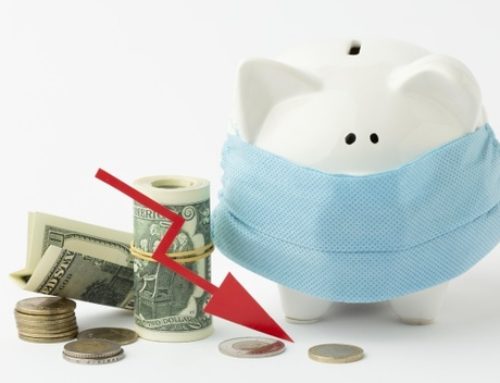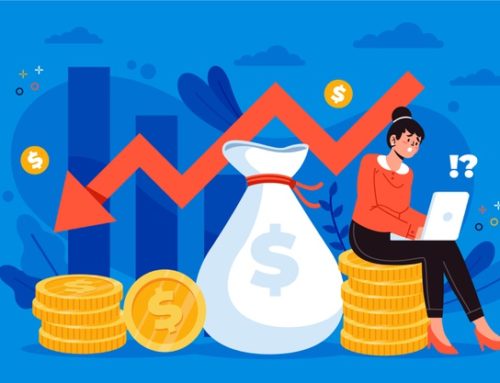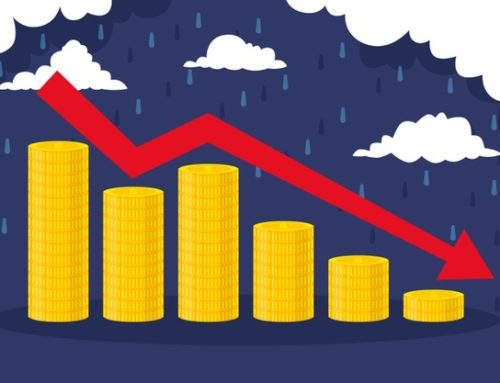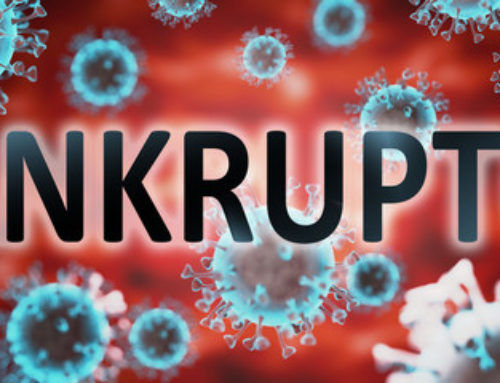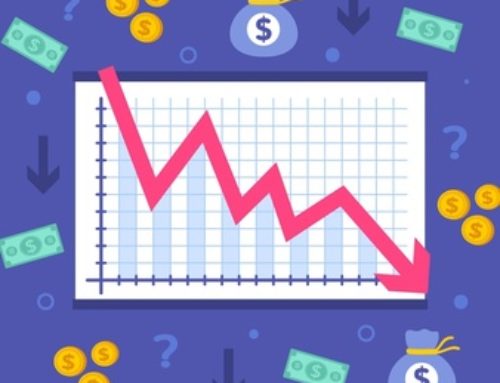Most people having financial problems choose to file a petition in bankruptcy court. Bankruptcy attorneys get numerous calls and inquiries on such, particularly on related pros and cons.
The fact that rebuilding credit after bankruptcy can be difficult is indeed a down-side for some, but the bankruptcy filing in one’s credit report can be countered. Credit scores will improve and you will eventually be able to get credit. Furthermore, this minor disadvantage is worth the chance to pay back a creditor or even wipe out debts and have a fresh start at life.
Consumer bankruptcy (in contrast to business bankruptcy) are generally for those with medical debts or credit card debts. Note that each bankruptcy case is unique, and knowledge of the bankruptcy procedure is key to make the most out of your petition.
Bankruptcy laws can be quite perplexing. As would be explained by your bankruptcy attorney, the different types of bankruptcy work best in different circumstances. A Chapter 7 petition for bankruptcy is often best for a filer who wishes to have the unsecured debt discharged. A bankruptcy discharge is the court order that will essentially forgive or wipe out various types of debt. This is one of the main advantages of liquidation bankruptcy cases.
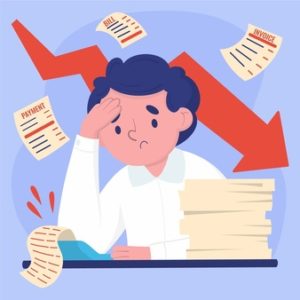 Filing Chapter 7 could indeed be a good debt-relief option if your priorities include discharging your credit card debt, medical bills, and other unsecured debts. Take note, however, that not everyone can file bankruptcy and work on debt-settlement under this chapter.
Filing Chapter 7 could indeed be a good debt-relief option if your priorities include discharging your credit card debt, medical bills, and other unsecured debts. Take note, however, that not everyone can file bankruptcy and work on debt-settlement under this chapter.
A major concern for those wishing to file for Bankruptcy Chapter 7 is the fact that it can be difficult for a debtor to qualify for such. Part of the bankruptcy process is a means test that looks into an individual’s monthly income, living expenses, and capacity to repay outstanding debts
The bankruptcy means test looks into the monthly income of the debtor, which must be below the state median income. Otherwise, following the bankruptcy code, his or her total expenditure will be subtracted to get the value of “disposable income” that could be used in paying off creditors and lenders.
One disadvantage of Chapter 7 bankruptcy proceedings is the fact the trustee will liquidate non-exempt assets. While the list of exemptions can cover a lot, some bankrupt individuals who do not pass the means test or who wish to keep certain personal property opt for restructuring instead. Filing for bankruptcy under Chapter 13 would enable the filer to restructure whatever he or she owed and pay back most of it through a payment plan.
Essentially, if you file for bankruptcy under Chapter 13, you can stop foreclosure and repossession but would have to pay back what is owed in three to five years.
Bankruptcy law is strict. The first steps one must take when filing for bankruptcy include undergoing bankruptcy counseling, taking the means test, and contacting a reliable bankruptcy law firm.
For assistance on how to file or fill out paperwork and supporting documents for the bankruptcy court, give us a call. Contact Northwest Debt Relief Law Firm to consult with an experienced bankruptcy lawyer.

